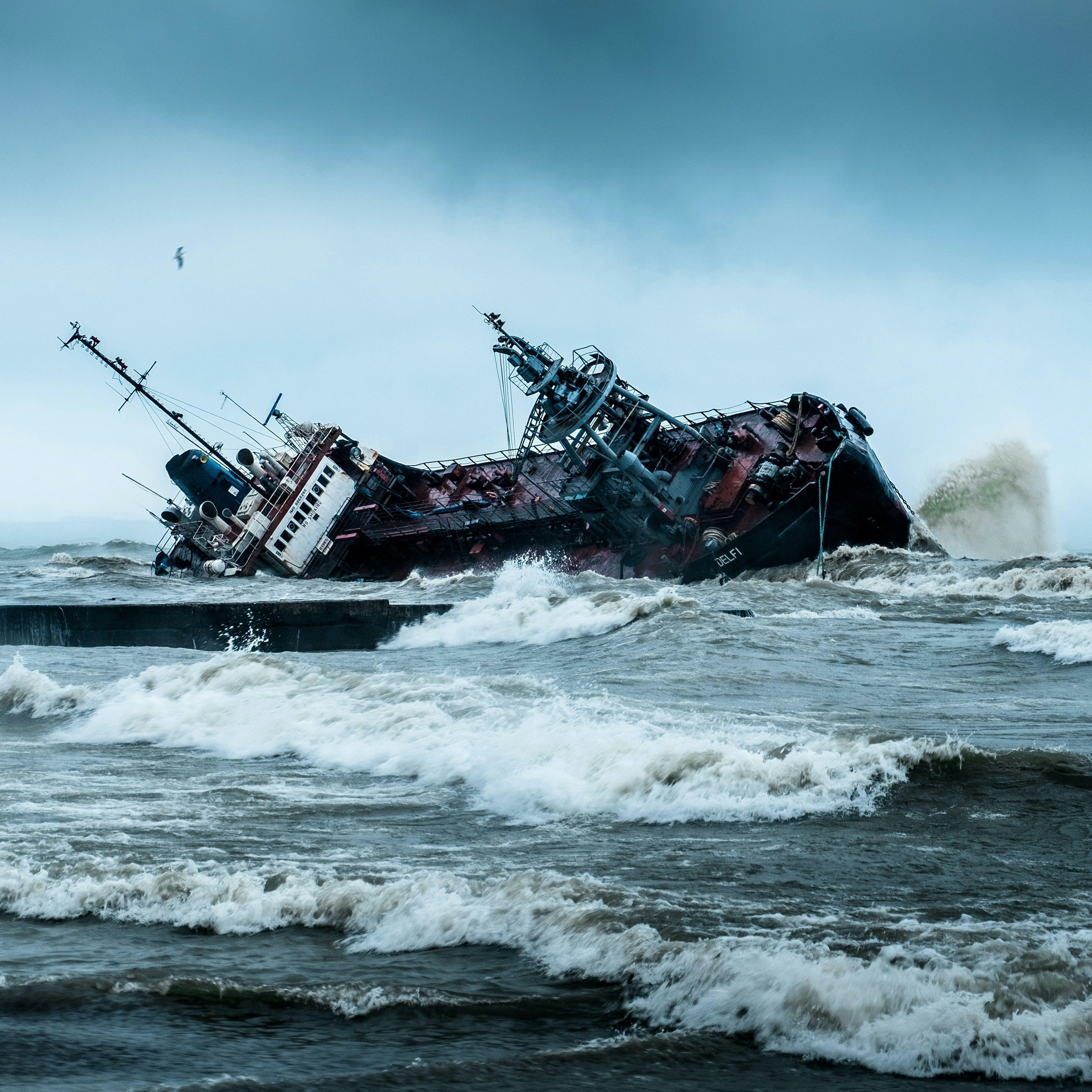Navigating the Legal Landscape of Hurricane Preparedness
As hurricane season approaches, the legal landscape becomes a crucial aspect of preparedness that businesses and individuals often overlook. Understanding the legal considerations involved can make a significant difference in how effectively one can recover from these natural disasters. From insurance policies to contract obligations and government aid, being legally prepared can help minimize disruption and financial loss.
The Role of Insurance in Hurricane Readiness
Insurance is a cornerstone of hurricane preparedness. Having the right coverage can mean the difference between a swift recovery and prolonged financial hardship. Before the season begins, review your policies to ensure they cover hurricane-related damage. Pay particular attention to details such as storm surges and flood damage, which are often not included in standard homeowners or business insurance policies.
To learn more about insurance guidelines related to hurricanes, visit the Federal Emergency Management Agency’s flood insurance page. This can help you understand the specifics and secure adequate coverage.
Contractual Obligations and Force Majeure
Understanding contract clauses, such as force majeure, can save you from legal complications. These clauses excuse parties from obligations due to uncontrollable events, like hurricanes. Ensure your contracts include such provisions, and review any agreements to identify potential liabilities. Consulting with a legal expert to interpret these terms is advisable, especially if your business operations could be severely impacted by a hurricane.
Government Assistance and Legal Aid
The government provides various forms of assistance during and after hurricanes. Familiarize yourself with resources such as the Disaster Assistance Program to know what aid you qualify for. Legal aid organizations can also help navigate these resources, ensuring you receive all entitled benefits.
Understanding the intricacies of these programs will expedite your recovery efforts and help in rebuilding your life or business with less hassle.
Business Continuity and Legal Compliance
Businesses must develop continuity plans that align with legal standards and compliance requirements. This includes employee safety, data protection, and operational continuity. The Workplace Safety Culture resources we provide can assist you in structuring a legally compliant and effective continuity plan.
Property and Employment Laws
Property laws can affect how you handle repairs and construction post-hurricane. Familiarize yourself with local building codes, which may have specific stipulations for repairs and modifications following a disaster. Additionally, be aware of employment laws concerning employee rights and safety during such events. The U.S. Department of Labor provides guidelines that can help you stay compliant with federal laws, ensuring your workforce is protected and your operations are within legal boundaries.
Join Our Mission
Consider joining HelpNow in our mission to enhance preparedness and response strategies. Our membership opportunities provide resources and support to help communities and businesses become more resilient against hurricanes.
Conclusion: Being Proactive Pays Off
Legal considerations are a pivotal part of hurricane preparedness. By proactively addressing insurance, contracts, and compliance with legal standards, individuals and businesses can protect themselves against the financial and operational disruptions hurricanes can cause. This foresight can significantly mitigate the long-term impacts of such natural disasters.
We encourage you to explore our blog for more insightful articles and resources on disaster preparedness and recovery.

